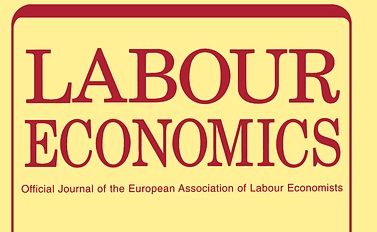
Job loss, disability insurance and health expenditure
We analyse the causal effect of job loss on disability insurance enrolment on a five-year horizon and the implications on health expenditure. Using administrative panel data from Hungary, we follow individuals displaced due to a mass lay-off and compare their labour force status to non-laid-off individuals with similar employment and health history. According to our estimates, being laid off increases the transition probability to disability 1.5-fold (or by 1.4% points) in four years, and half of the excess transitions occur within the first year. The four-year mortality rate increases 1.7-fold (or by 0.4% point).
Total outpatient, inpatient and pharmaceutical expenditure increase threefold when a laid-off individual takes up disability benefit, and decrease slightly afterwards, but do not reach the pre-disability levels. The medium term increase in health expenditure corresponds to 20−25% of the additional disability payments. Detailed medication data show that physical health shocks, the diagnosis of chronic physical conditions, such as hypertension or diabetes, and the deterioration of mental health all contribute to the observed surge in health expenditure.
Nem található esemény a közeljövőben.
A KRTK Közgazdaság-tudományi Intézet teljesítményéről A KRTK KTI a RePEc/IDEAS rangsorában, amely a világ közgazdaság-tudományi tanszékeit és intézeteit rangsorolja publikációs teljesítményük alapján, a legjobb ... Read More »

Tisztelt Kollégák! Tudományos kutatóként, intézeti vezetőként egész életünkben a kutatói szabadság és felelősség elve vezetett bennünket. Meggyőződésünk, hogy a tudomány csak akkor érhet el ... Read More »

Srí Lanka: a 2022-es gazdasági válság leckéje – A. Krueger Lessons from Sri Lanka Anne O. Krueger Jul 25, 2022 – Project Syndicate ... Read More »

A permanens válság korában élünk – J. Meadway We’re living in an age of permanent crisis – let’s stop planning for a ‘return ... Read More »

A 2021 végén, illetve 2022 elején tapaszalt 6, illetve 7%-os cserearányromlás brutális reáljövedelem-kivonást jelentett a magyar gazdaságból. A külső egyensúly alakulásával foglalkozó elemzések többnyire ... Read More »
